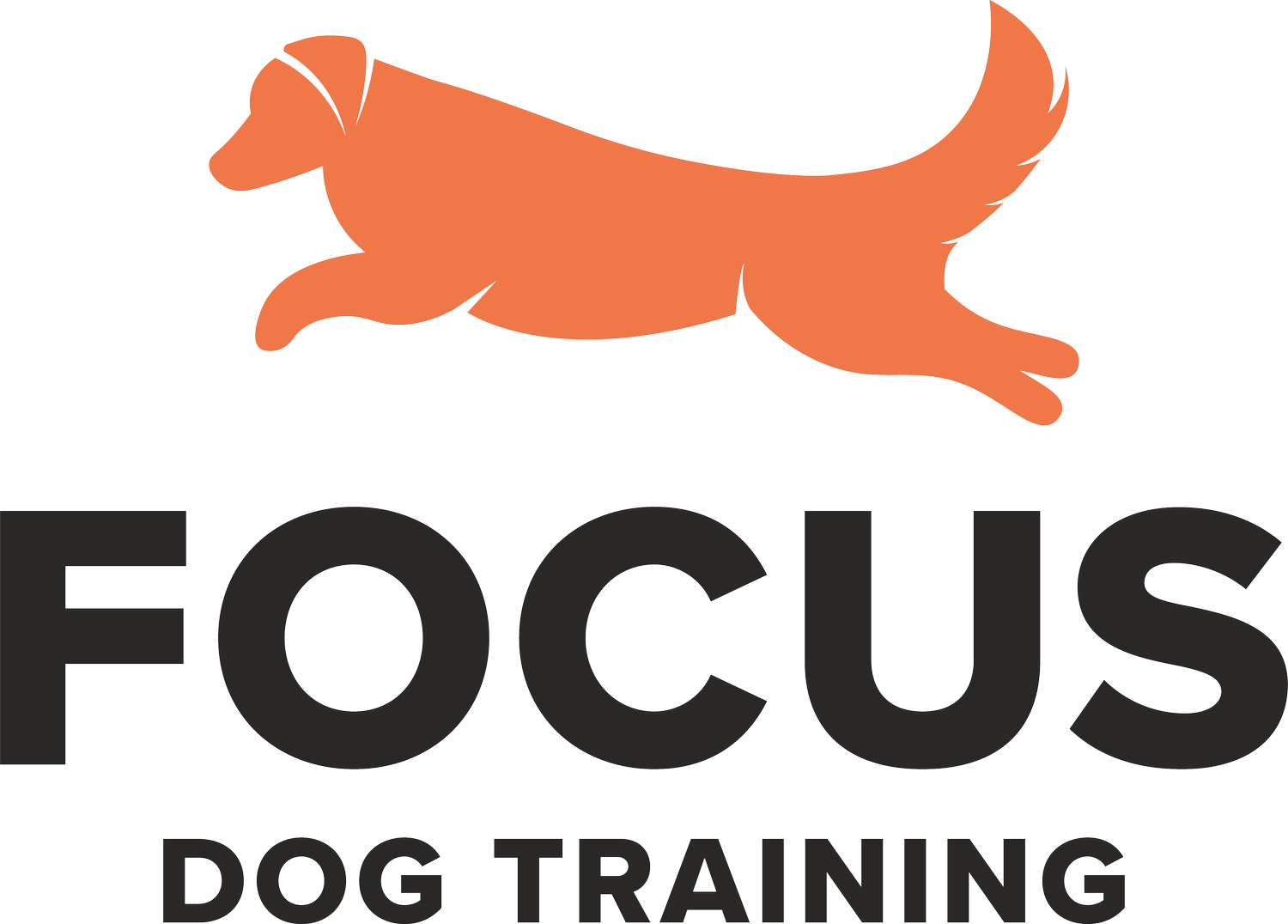Not All Aggression is Violent
In human behaviour, we don’t categorize aggression as inherently physically violent.
So why do we with dogs?
“Nonphysical aggression is aggression that does not involve physical harm. Nonphysical aggression includes verbal aggression (yelling, screaming, swearing, and name calling) and relational or social aggression, which is defined as intentionally harming another person’s social relationships.”
- Principles of Social Psychology 1st International H5P Edition. Dr. Rajiv Jhangiani and Dr. Hammond Tarry
Aggression is behaviour that threatens or causes harm. That harm can be physical, social, or emotional. In social psychology, violence is often seen as aggressive behaviour that has serious physical harm as its intended result. (There are more nuanced and broader definitions of violence, but that’s another post entirely)
In dog behaviour, we often only categorize growling, snapping, or biting as aggression. We sometimes even minimize less serious bites and nonviolent aggressive behaviour as not real aggression. A lot of my behaviour cases have been misunderstood as hyper or rude for years. And it’s not until we treat them as aggression cases that we see progress.
Flattening aggression to simply “bites or doesn’t bite” ignores important intricacies of behaviour. This can set dogs and humans up to fail. In dismissing other aggressive behaviour, we can often miss serious welfare issues for the dog. The dog’s emotional state is not measured by bite force.
And although we try not to moralize dog behaviour, it can start to become that when we resist calling a spade a spade.
Just like not all biting is aggressive, behaviours like:
Jumping straight at faces
Holding hands or clothes in their mouth
Hard staring
Hoarding items of importance
Grabbing with forearms
All may or may not be aggression, depending on the details of the behaviour and situation.
We can speculate as to why we think so differently about aggression in humans vs in dogs, but I think it’s a remnant of our industry’s roots. We didn’t use to care about dog behaviour beyond how it served us. We’ve only recently started being interested in dogs as individual, emotionally complex beings, and we’re just cracking the surface of how we can help them.
Nuanced understandings of dogs as a species, behaviour science, and social psychology* are ALL important if we want to really help dogs and their guardians.
*and early childhood education, and ethics, and cultural theory, and...
